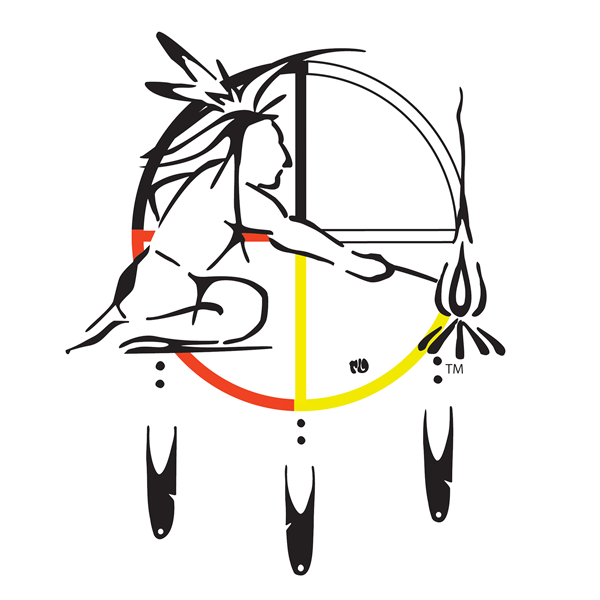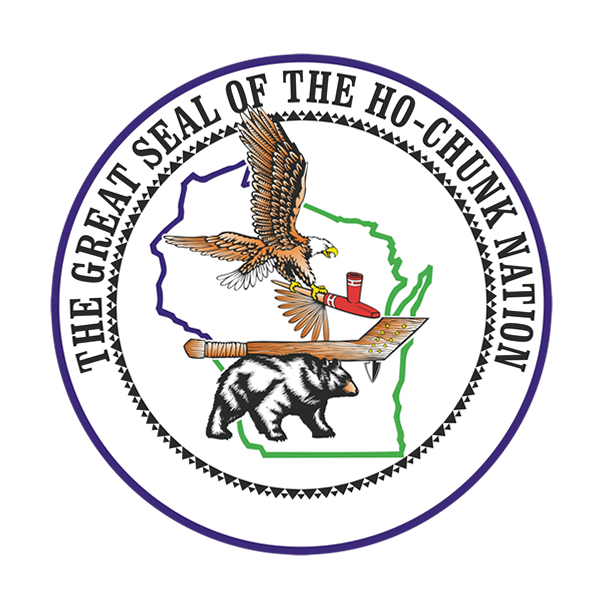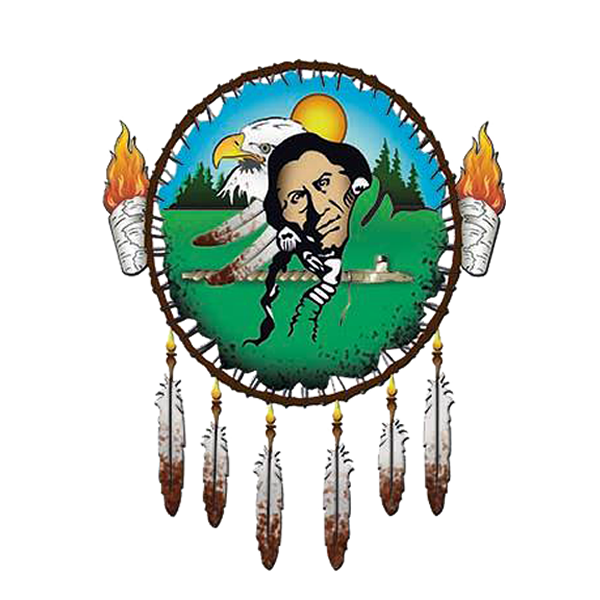Adolescent Recovery and Wellness Center (ARWC)
The ARWC is a 36-bed residential facility centrally located in Wisconsin to best serve all Member Tribes and urban Indians. It will provide culturally relevant services and responsive residential substance abuse treatment for Native American youth, ages 13-17, who are suffering from Substance Use Disorder (SUD) and any co-occurring mental health conditions. Priority will be given to Native American youth, but the facility would be available to non-Native adolescents as well.
About the Great Lakes Inter-Tribal Council, Inc. (GLITC)
Great Lakes Inter-Tribal Council, Inc. (GLITC) had its beginnings in the early 1960’s as the consequences of the federal experiment of Termination began to play out with the Menominee tribe. Beginning as an association of the leaders of the other ten tribes located in Wisconsin, GLITC was incorporated in 1965 with the purpose of providing a mechanism through which the tribes could work through the challenges of governance and services to their constituents. Through intertribal unity, the tribes could better develop and implement programs, seek outside assistance, and gain leverage in dealing with federal, state, and local government.
GLITC’s strength lies in the resolve of the tribes to be independent and self-governing, yet to come together in a unified forum to discuss and resolve those issues that require intertribal unity and attention. As independent governments, the tribes operated widely varied government service systems, and address their communities’ needs in numerous ways. GLITC supplements the member tribes’ own efforts through development and operation of health and human service programs, education programs, and economic development programs in the reservation communities it serves. Intergovernmental relations and policy decisions find an intertribal discussion forum through GLITC. However, through long-standing custom, public comment and policy implementation is reserved for the member tribes through their own elected representatives.












